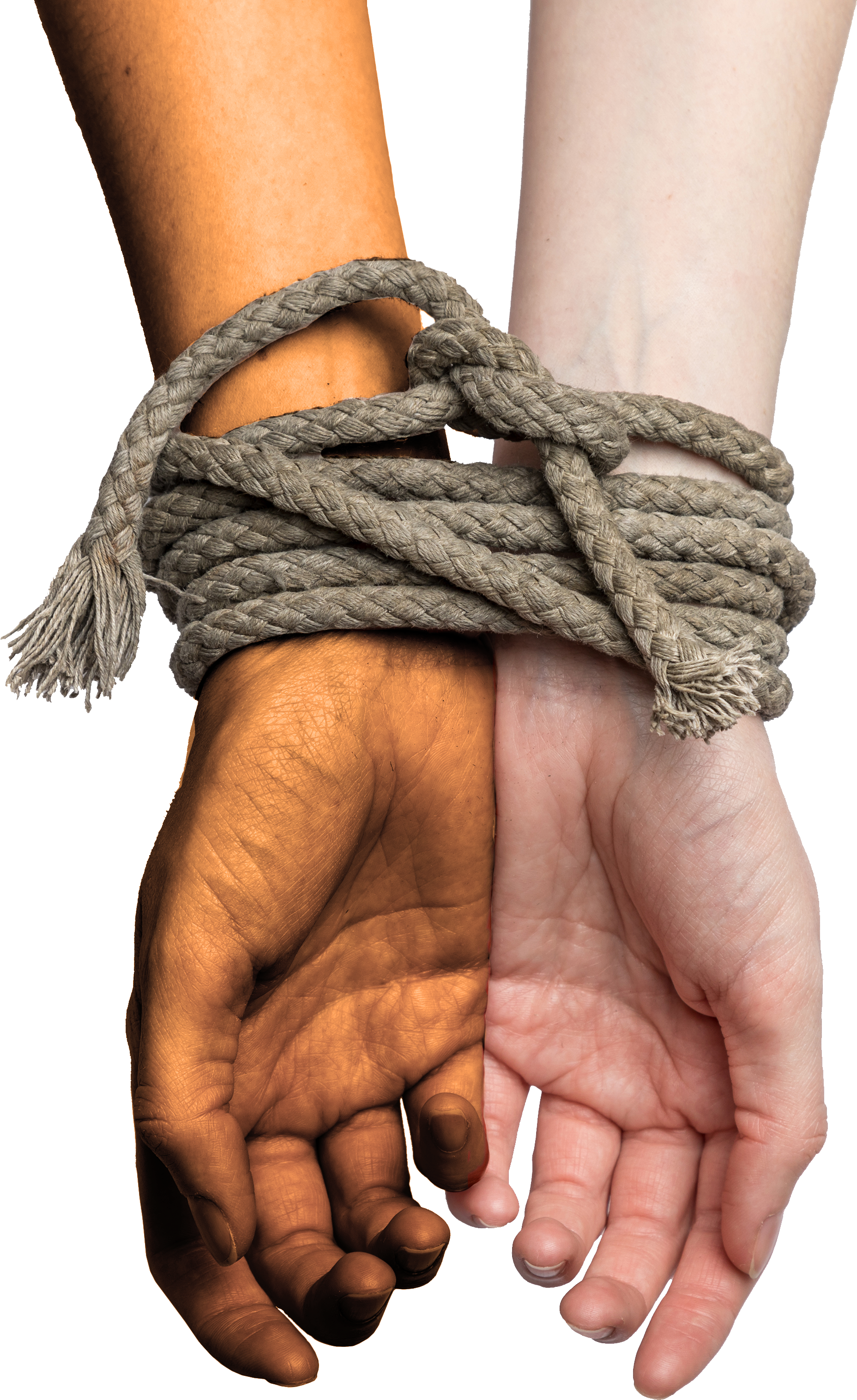

Why
Marvin V. Blake
“WHY”, is an epic story, 1838 – 1863, chronicling the lives of two sisters, one white, the other black, both born in 1847, three days apart, on Virginia’s wealthy Rosewood Plantation.
The white sister is the child of Mr. and Mrs. Henry Billings, Master and Mistress of Rosewood, one of the richest cotton plantations in the state of Virginia.
The black girl is the issue of the mating of Henry Billings, the Master of the Rosewood Plantation, and one of his female black slaves.
While growing up together, one a slave the other her mistress, in the slave holding antebellum South, sharing many childhood experiences, the girls are forced to adhere to the harsh rules, and laws that separate white from black.
Henry and Margaret Billings, Master and Mistress of the plantation, hire a recent college graduate, Miss Eleanor Leary, a young progressive, Irish immigrant, to tutor their children, Rebecca and her brother, Jesse.
Despite her fear of breaking the laws that prohibit the teaching of slaves to read and write, Eleanor, at Rebecca’s request, decides to include the black slave girl Mandy in their sessions.
A whole new world is opened for Mandy. Through the teachings and the eyes of the white teacher, Mandy slowly, gradually, discards her insidious, lifelong feelings of racial inferiority, and self-loathing. Feelings and assumptions that Mandy had harbored and accepted from birth were now being replaced by developing feelings of racial pride and personal self-esteem.
The novel examines three co-existing 19th century American Cultures. The privileged world of the South’s antebellum slave holding, White Planter Society; The oppressed communities of the black slaves; and the noble, nomadic hunter-gatherer society of the plains Indians.
The turbulent events of this time in American History, results in the two sisters finding themselves living in, and experiencing the three cultures, and one sister is forced to choose between her life-long love for her sibling, or the love that develops between her and a Comanche Warrior.
Excerpts:
1) Remember son, “A thinking Nigger, is a dangerous Nigger!”
2) The words of the black-slave Mandy; “After all is said and done, the black General Othello remains a black man of statue and achievement that existed only in the vivid imagination of Mr. Shakespeare. General Othello was a figment of a white man’s imagination. He was not a real man.”
3) “Others have tried and failed to take the People’s hunting grounds. The Apache, have tried and failed; the Pawnee have tried and failed; the Arapaho and the Utes. All have tried, non-have succeeded.” “We must fight and kill these filthy hair-mouths. We must drive them from the land of the Comanche.”
Radio Interview about the book WHY in The Writer's Cafe with Ms Marilyn Silverman
CBS Radio interview ("Why")



 “No matter how hard he tried to avoid making comparisons between the girls, his eyes and his mind… seemed to be inextricably drawn to their similarities.”
This epic story follows the lives of half-sisters Rebecca Billings and the slave girl Mandy, born within weeks of each other on a Southern plantation fifteen years before the start of the Civil War. As they grow, the two girls are inseparable. Rebecca teaches Mandy how to read and write, skills that are illegal for slaves in their home state of Virginia. As it becomes evident that the South will face defeat, and the Billings fortune will be lost, the girls leave with their father to begin a new life in the West. However, fate intervenes when their westward-bound wagon train is attacked, and a Comanche tribe captures Rebecca and Mandy. Their time with the Comanche proves a very different experience for each girl, thrusting them into roles they would never have imagined.
Blake’s novel delves into the deeply disturbing aspects of slavery in the antebellum American South. There are graphic incidents of whippings, rapes, and cruelty, which are truly disturbing. The close relationship between the two main characters, Rebecca and Mandy, is an intriguing plot twist in the familiar story of slavery. The storyline’s reversal of fortune in the girls’ lives—Mandy’s experience in the Comanche camp affording her the freedom she has never known and Rebecca becoming the slave of a Comanche woman—is an unexpected psychological twist. The novel includes many surprising and, at times, disturbing plot twists that stay with the reader long after the book is finished. Though a lengthy read, it is one worth the time.
“No matter how hard he tried to avoid making comparisons between the girls, his eyes and his mind… seemed to be inextricably drawn to their similarities.”
This epic story follows the lives of half-sisters Rebecca Billings and the slave girl Mandy, born within weeks of each other on a Southern plantation fifteen years before the start of the Civil War. As they grow, the two girls are inseparable. Rebecca teaches Mandy how to read and write, skills that are illegal for slaves in their home state of Virginia. As it becomes evident that the South will face defeat, and the Billings fortune will be lost, the girls leave with their father to begin a new life in the West. However, fate intervenes when their westward-bound wagon train is attacked, and a Comanche tribe captures Rebecca and Mandy. Their time with the Comanche proves a very different experience for each girl, thrusting them into roles they would never have imagined.
Blake’s novel delves into the deeply disturbing aspects of slavery in the antebellum American South. There are graphic incidents of whippings, rapes, and cruelty, which are truly disturbing. The close relationship between the two main characters, Rebecca and Mandy, is an intriguing plot twist in the familiar story of slavery. The storyline’s reversal of fortune in the girls’ lives—Mandy’s experience in the Comanche camp affording her the freedom she has never known and Rebecca becoming the slave of a Comanche woman—is an unexpected psychological twist. The novel includes many surprising and, at times, disturbing plot twists that stay with the reader long after the book is finished. Though a lengthy read, it is one worth the time.